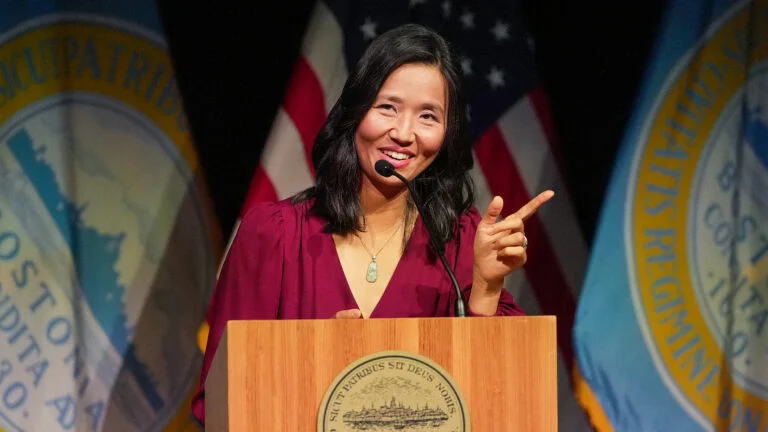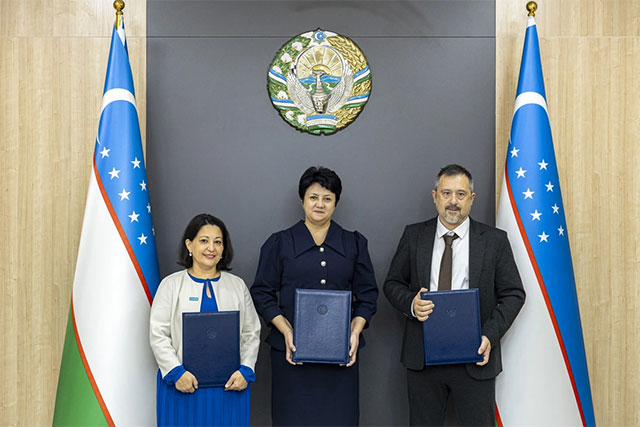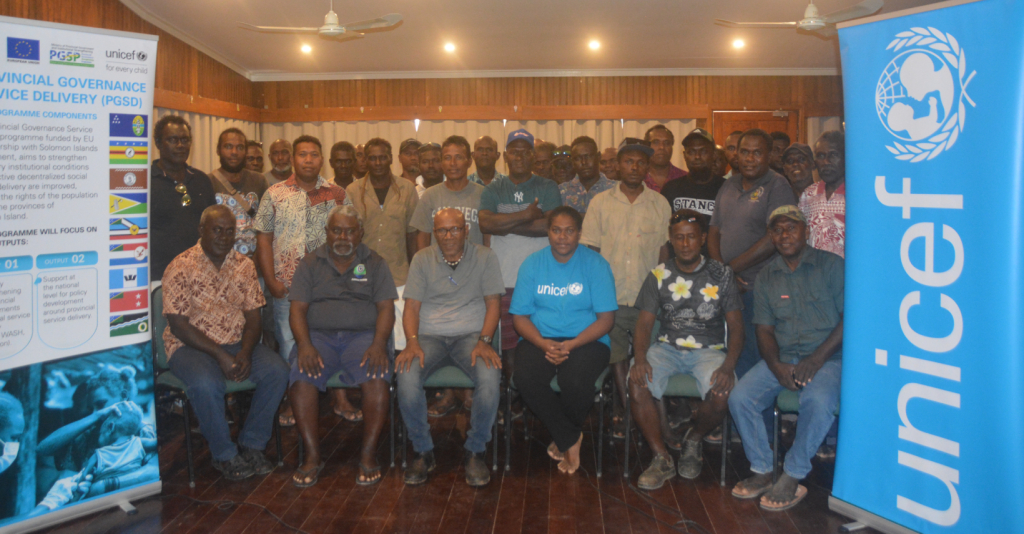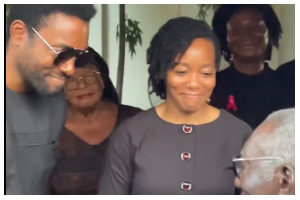Copyright Boston.com

In what she called a “historic gathering,” Boston Mayor Michelle Wu delivered the city’s first-ever “State of the Schools” address Tuesday night. Wu used the speech to tout recent successes, announce new programs, and broadly outline a goal of making Boston Public Schools one of the best districts in the country. She called on local institutions to increase their partnerships with BPS, and announced efforts to pursue a new round of these collaborations. Wu, a BPS mother herself who is on the verge of officially securing a second term, portrayed the district as resilient and ready to embrace the future. Like in other recent high profile speeches, Wu not only defended Boston but vouched for the vibrancy and value of urban areas as a whole. “This is Boston, and we reject the idea that urban public schools are doomed to do less. That kids are better off when politicians send tax dollars to private schools. Or that because billionaires have given up on public education, we should, too,” she said. The city, she said, has been “a target in the federal political storm” due to funding cuts from the Trump administration. She blamed the federal government for attempting to “dismantle public education by neglect and by force.” Wu alluded to having to make “hard decisions” in the future, but did not elaborate. She praised the leadership of Superintendent Mary Skipper, pointing out that the district had five superintendents in seven years before Skipper was hired. BPS as a whole is no longer in the bottom 10% of schools in the state, having leapt over 28 other districts in recent years, she said. Wu claimed that this fall marked the “best start to the school year on record.” More buses are arriving on time than ever, almost all school meals are now prepared with fresh food, and the number of BPS schools with working air conditioning grew from 32% to 92% in recent years, Wu said. She highlighted the creation of 16 new bilingual programs, the opening of a second campus for Boston Adult Technical Academy, and a new program meant to help adult students with disabilities find work. Wu maintained her support for the contentious White Stadium rebuild, describing it as a “generational investment in BPS athletics.” The mayor said that more BPS students are challenging themselves than ever, and getting a head start on their higher education goals. Last year, 790 high schoolers took early college courses through BPS, up from just 179 in 2022. Boston has also seen a major rise in the number of students taking AP courses, and the students enrolled in those rigorous courses are performing better than ever, she said. Wu is now aiming to establish before- and after-school programming at every BPS school. Right now, 17% of BPS schools do not have these programs. Schools with these programs don’t universally accept state vouchers or have enough openings. Wu steered clear of some controversial topics, like the ongoing debate about exam school admissions. District leaders are currently weighing proposed changes to the policies that would eliminate some factors meant to diversify the campuses of the elite exam schools. The School Committee is set to vote on these changes next week. She also did not substantively address concerns many BPS families still have about the safety and reliability of the district’s school buses. Major delays marred the beginning of the 2024-25 school year. Scrutiny of the BPS transportation system rose after 5-year-old Lens Joseph was struck and killed by a bus in Hyde Park. The driver involved in the fatal crash had an expired school bus certificate. An independent investigation found that the district’s bus contractor kept “unreliable” driver training files and that more “auditing and oversight mechanisms” were needed by BPS. Although Wu touched on the creation of new bilingual programs, advocates still say that she is not doing enough to ensure bilingual education is widespread. Outside the school where Wu was delivering her speech, they urged people to sign a petition calling for bilingual programming in every school, The Boston Globe reported. More than a third of all BPS students are English learners.



